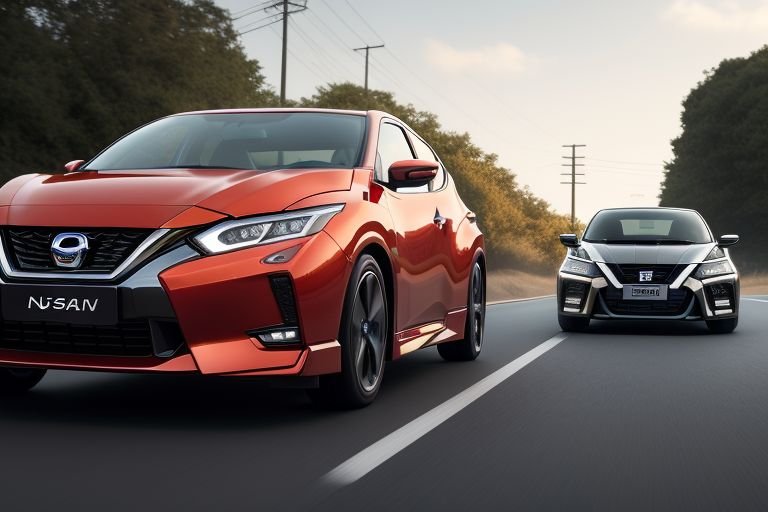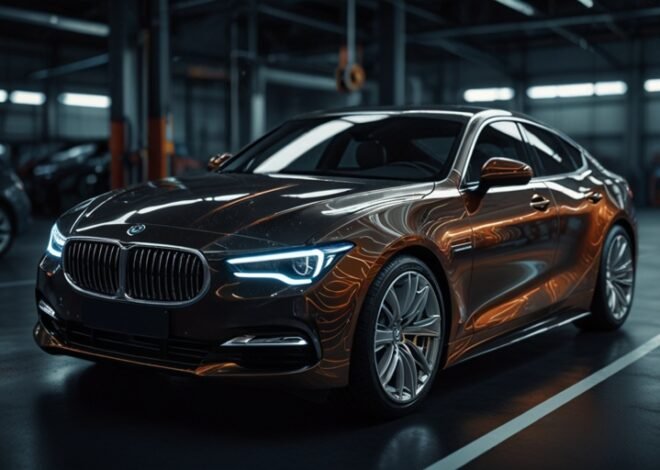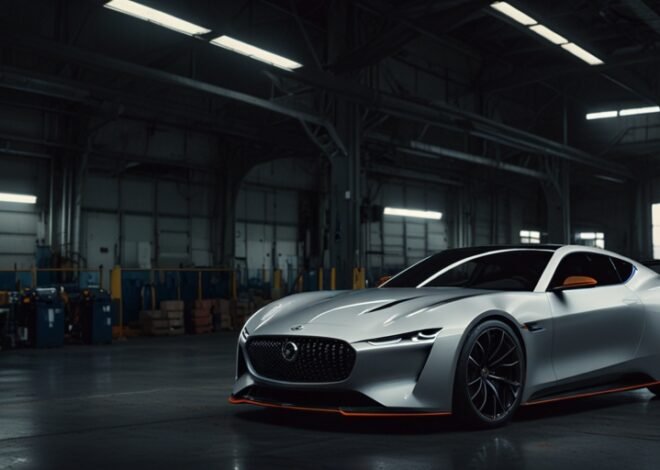
Nissan And Honda Announce Collaboration On Solid State Battery Development
A strategic partnership between Nissan Motor Co. and Honda Motor Co. to work collaboratively to develop next-generation solid-state batteries for electric vehicles has emerged as an unexpected shock to the Japanese automotive industry. It can also be viewed as a historic shift in the competition between two of Japan’s largest car manufacturers and demonstrate the enormous factors of difficulty and potential in transition to EVony.
The partnership will be in a venture, currently known as the “Nihon Advanced Battery Co.” The two firms will work hand in hand in conducting research and development processes with a aim of expediting the technology of solid-state batteries. The solid-state batteries are regarded as the ultimate solution to the EV power source challenges that include; they provide greater energy density, charging duration, safety, and battery life than the existing lithium-ion batteries.
Both Nissan’s Makoto Uchida and Honda’s Toshihiro Mibe disclosed the alliance at a briefing held in Tokyo and said the pact is crucial so that Japan sustains dominance in automotive technology. Speaking of the transition to electric vehicles as the dominant form of transportation, Uchida pointed out that people are moving in that direction much more rapidly than previously predicted. Declaring, by collaborating our strengths we can introduce this groundbreaking technology to the market more smoothly.
The collaboration will include the creation of the new research centre in Yokohama; the firms expect to recruit more than 500 engineers and researchers. The actual investment is said to have been approximately 100 billion yen ($700 million) this again was a 50/50 partnership between both Nissan and Honda.
The companies have been developing the technology on their own, but this will shift development schedules by several years. It is hoped that the initial trial product of the battery system will be made by mid-2026 for testing in vehicle application and have mass production by mid-2028.
The decision has been made at a time when Japanese carmakers are under pressure from Chinese and western peers in offering new electric vehicles. Tesla remains the market leader in the global electric car market, although players from China, such as BYD and NIO, are constantly moving up. European auto-makers especially the VW group and Daimler have also advanced their knowledge and manufacturing of EV’s considerably.
Competitive pressures such as these outlined, are perceived by industry analysts as the rationale behind the Nissan-Honda strategic collaboration. ‘It is beneficial for Nissan and Honda to share the significant expenses and uncertainties linked to producing advanced battery technology,’ said auto industry analyst Takaki Nakanishi. ‘It’s a strategic decision that can assist in sustaining the position as a ruling innovator of auto mobile industry in Japan.’
The combination has also been praised by the Japanese government that has always been calling for increased consolidation among local players for competitiveness. Economy, Trade and Industry Minister Yasutoshi Nishimura endorsed the effort, saying it fits with the government’s plan to secure battery supply chains in Asia and decrease reliance on foreign innovation.
Although Nissan and Honda are to co-develop the solid-state battery, they emphasised that they’d remain market rivals in other fields of car production and selling. At best, it is a particular link-up on a specific technology Jungo feels is necessary to reshape the mobility industry, Honda’s Mibe noted. “In all other respects, we are rivals who are focused on delivering the highest quality products to the consumer.”
This has raised question on whether other Japanese car makers can form similar partnership like the one announced. presently, Toyota – which has been at the forefront of solid-state battery research – has continued to pursue its standalone development project. But independent analysts stated that the Nissan and Honda tie-up plan might force Toyota to look for partners of its own, at least with Mazda or Subaru if not for anything more than catchy acronyms.
The partnership also captures the changing balance of power in the global automotive sector as companies adjust to moving to electrified propulsion systems. Trust-based competitive rivalry or partnerships have taken the place of traditional competition, especially where large investment is necessary to develop new technologies.
Indeed, as Nissan and Honda are entering a new type of cooperation in this regard, the more attentive audience will follow their efforts. The future of these two companies, as well as the global progression of EVs and batteries, might heavily rely on this outcome. As solid-state batteries may alleviate many of the issues related to modern EVs today, the potential of this cooperation – as well as the future of green transportation – may be at an all-time high.


